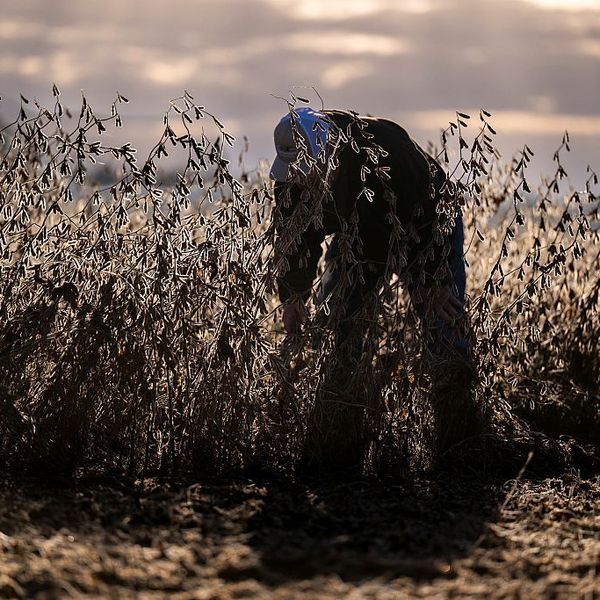Food security is non-negotiable; we must provide more food and we
must ensure that people have access to it. We are not "out of the
woods" in terms of the food crisis. Food prices have fallen since the
highs of 2008, but for the world's "bottom billion" that record
increase in food prices has had a devastating effect, pushing a further
million people into food poverty. Maize is 100 per cent more expensive
than a year ago, while the price of wheat in Afghanistan is 60 per cent
higher. Food security will increasingly become an issue of peace and
stability.
We are facing the possibility of an unequalled
problem of world hunger. No nation can meet this challenge alone - we
have to tackle it in a collaborative and cohesive way. We need to
produce double the amount of food by 2030 and this will require
innovative approaches. Ultimately it will be a question of
self-reliance, not charity; but the work must be led by nations, not
the private sector.
African farmers can make a valuable
contribution to tackling food poverty. Already 80 per cent of the food
the WFP buys for its programmes comes from the developing world and
great progress is being achieved in Africa. Ethiopia was a top priority
for food assistance three years ago; now it is producing a food
surplus. The key to success is improvements in infrastructure and
communications; farmers need better access to markets.
The
severity of the current financial situation does not mean that the
issue of food security can be set aside, although the current financial
destabilisation caused by the financial crisis may be the top
short-term concern.
Leadership is one of the key issues. Food
security must be discussed at the very highest levels. We also need to
provide a "bridge over troubled waters". WFP does not want to lose
focus on emergency food aid programmes as it works to secure long-term
solutions.
We also need to secure the biggest punch per pound
possible - by looking not just at the quantity of food aid, but its
quality. The provision of food fortified with vitamins and minerals can
make a tremendous difference - both in terms of saving lives and in
GDP.


